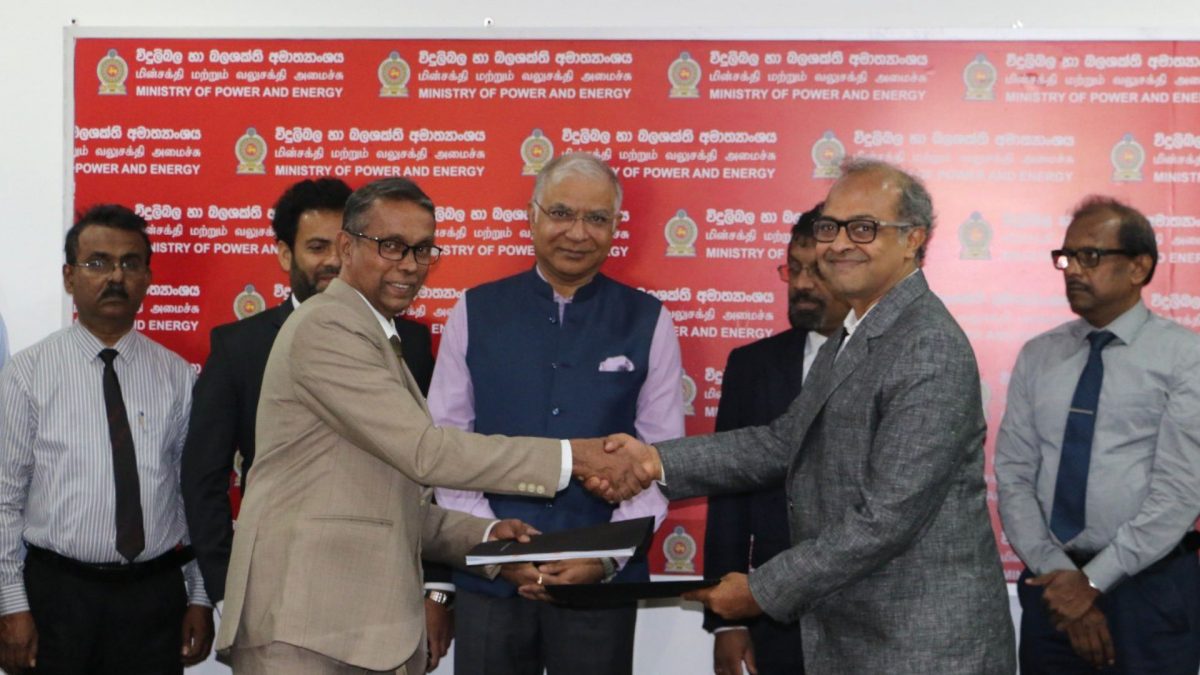Sonu Nigam has a point. We Indians have a bizarre fascination for loudness and this needs to stop.
Getting married? Well, we must make a production of it. Friends getting together? We must ratchet up the decibels. At the bars, the noise level must go up with every peg, nay every sip of alcohol. And what’s a public religious festival without din and cacophony? No celebration in the country is complete without blaring loudspeakers and raucous music. Nigam in his tweets talks about azaan and Hindu festivals but our weakness for noise permeates all aspects of life.
Let’s put it up front: It is public nuisance. It is thus unnecessary to give the debate triggered by the singer a communal colour. It has nothing to do with religion or any particular grouping, religious or otherwise. The discussion so far, however, misses one critical aspect: The right of the individual to silence.
If you have the experience of bhajan mandalis going full-throated with tuneless songs to the accompaniment of sound from percussion instruments and cymbals on overcrowded local trains in Mumbai, you would understand it better. If you haven’t, the loud celebration the navratra festival near apartment complexes in the city or blaring of music from loudspeakers in temples and public spaces during festivals anywhere in the country would suffice. It is much more than aural assault. It is a direct attack on the individual’s desire for peace and tranquillity.
The bhajan mandalis simply made life hell for rush hour commuters packed like sardines in compartments. Their musical instruments and presence in a group gave them the right to seats. Commuters had to make way for them; if they didn’t, verbal and physical attack ensued. Police crackdown has silenced them to a great extent but everywhere else, such activities follow a similar pattern with a strong undertone of threat. If you have a heart patient at home, then he/she has to bear the noise. It’s a similar situation if you have kids who need to study. You are likely to invite the anger of the organisers if you object.
Where does that leave your right to silence? It may appear frivolous but Nigam has a valid point when he says his sleep gets disturbed because of azaan. It’s his right to have a good sleep and there’s no reason why the call to the faithful need to be made through loudspeakers. It’s the same with chants of mantra emanating from temples early morning. Stretching it beyond religion, one sees no reason why fireworks in public places or near residential complexes during marriages should be accepted as normal.
Religious activities and social functions took place even in the days of no loudspeakers. One would assume that the excitement that came through these didn’t have much to do with the noise quotient. The functions aimed at community participation and the pomp and show, if any, was incidental. Noisy celebrations are surely a bad habit gifted by technology. It has become so internalised that we cannot avoid it during informal group interactions too. So we would be noisy everywhere, including at private parties.
Of course, this is a bad habit that needs to stop. It has assumed the shape of coercion of the individual by groups. It is similar to fringe groups attacking people under the pretext of the cow, historical figures and content in books but is far less pronounced and less divisive since everyone is into it. The trouble people have to undergo due to noise is accepted as normal. The police look the other way and governments go easy on the nuisance-makers.
Spirited protests such as Sonu Nigam’s would go a long way in providing a voice to the silent sufferers. And, of course, it must be acknowledged by all that the right to sound sleep is inviolable.


)




)
)
)
)
)
)
)
)